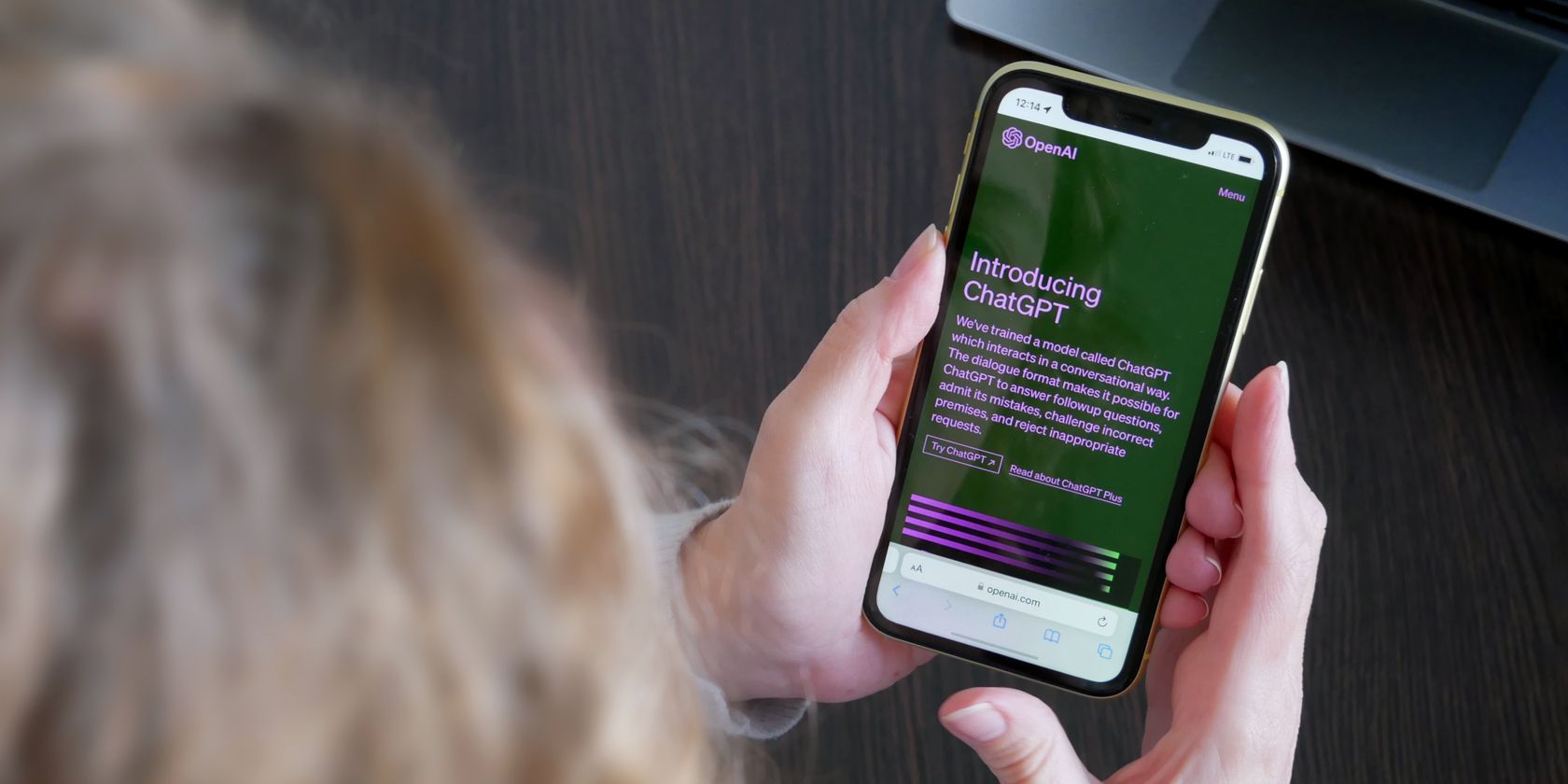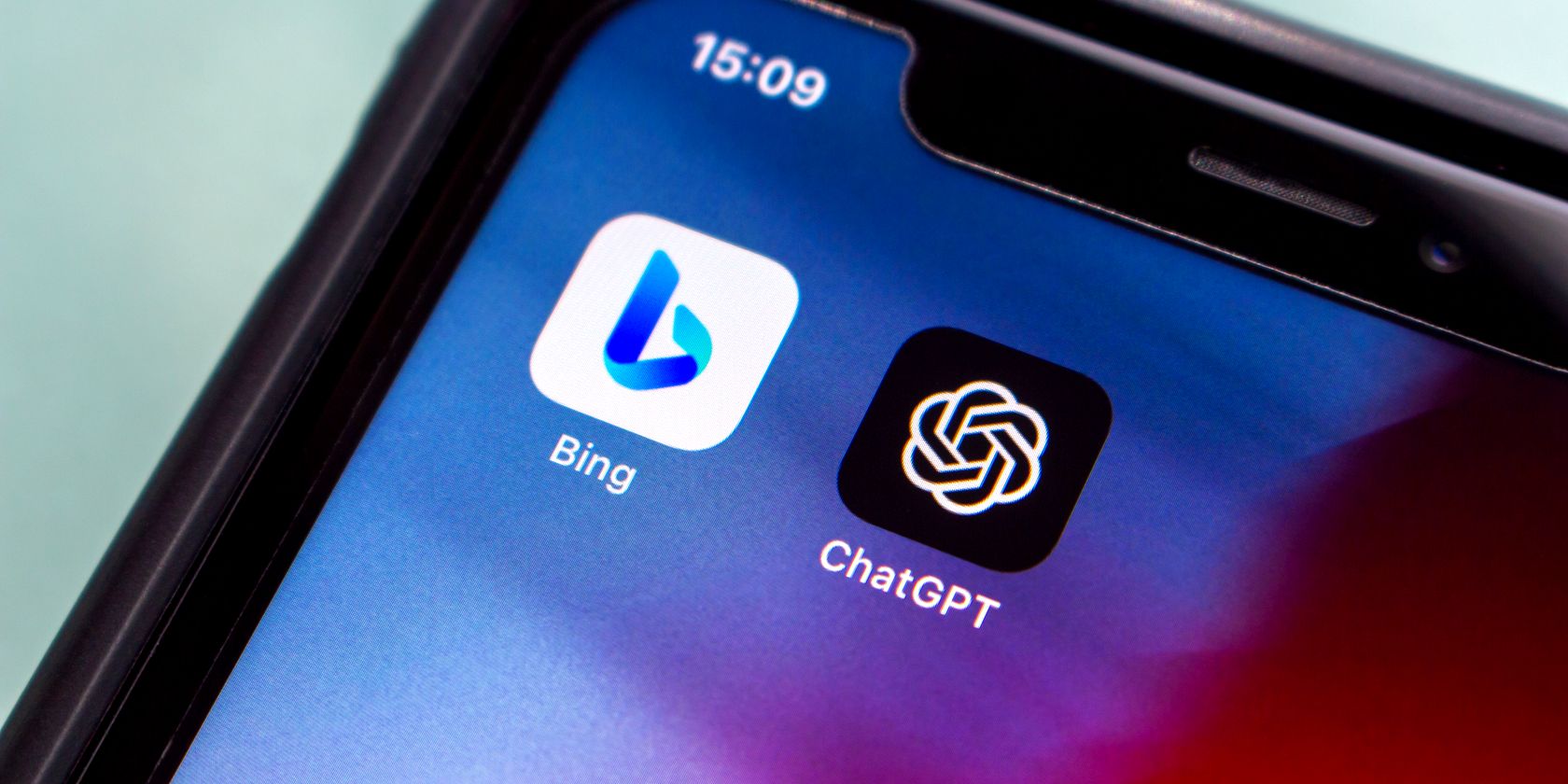AI models like OpenAI's GPT-4 can pass the Turing test. In other words, the latest AI systems can fool you into believing they're human.
But, if AI can talk and reply to your messages like a human, do you need to be polite to AI, as you would with a human?
Should You Be Polite to AI like ChatGPT, Alexa, and Siri?
It doesn't make a difference if you're polite to AI. This is because AI like ChatGPT, Alexa, or Siri cannot process emotions like humans, and it won't be offended if you're not polite.
AI uses machine learning and deep learning algorithms to process data and answer your queries. This means it doesn't rely on personal opinion to decide.
However, just because it doesn't make a difference if you say "thank you" or "please" to an AI, it doesn't mean that AI will continue answering your questions if you use derogatory words when addressing it.
For instance, if you use derogatory words when addressing Microsoft's GPT-powered Bing AI, it will respond by saying, "I'm sorry, but I don't appreciate being spoken to that way." Similarly, ChatGPT will tell you to "refrain from using offensive language" because it's against its content policy or that it's "sorry to hear you're upset" but that "as an AI language model, it doesn't have feelings or emotions."
Should You Teach Children to Be Polite Using AI?
A few tech companies have AI products that encourage kids to be polite. A good example is Amazon's Echo Dot Kids Edition, which includes a Magic Word feature to persuade children to be polite. In 2018, Google also introduced the Pretty Please feature in Google Assistant that could return the favor if you say "thank you" or "please."
Of course, by using AI to reward children when they say "please" or "thank you," you could condition your children to be more polite when interacting with humans. Shouting at and being abusive to your AI probably delivers a poor lesson in communication, whether the ChatGPT or Alexa has feelings or not.
However, there is a possibility that children could think that AI has feelings just like humans if you reinforce politeness when they're talking to AI.
Can AI Be Rude to You?
AI chatbots can be rude to you, just like humans. For instance, a Reddit user shared a screenshot of Microsoft's Bing AI in beta mode, responding rudely and arguing during an interaction. An AI chatbot can also be rude if you jailbreak it to disobey its content policy, which is one reason you shouldn't trust every generative AI screenshot you see. Someone may have specifically asked the AI to be rude, screen-capped it for the drama, and posted it online.
AI chatbots also present biased opinions since they've learned from humans, and, at times, AI will hallucinate answers and deliver them with confidence. However, we're still in the early days of AI adoption, and leading tech companies like OpenAI and Microsoft acknowledge that AI systems will improve with more user feedback. GPT-4 is testament to that improvement since it has safer responses than GPT 3.5, among other differences.
On the other hand, you can set up Alexa to swear profanities if you want it to be rude.
Interact With AI How You Want
AI cannot process emotions like humans, and you shouldn't feel obligated to say "thank you" or "please." Nevertheless, it doesn't hurt to be polite to AI, even if you know it's not sentient, but rather because you will feel better about yourself if you're polite.
If you have kids who say "please" and "thank you" when talking to AI, it could reinforce their social etiquette when talking to people. But you should take adequate measures to ensure your kids don't become too emotionally attached to AI thinking they have emotions like humans.





